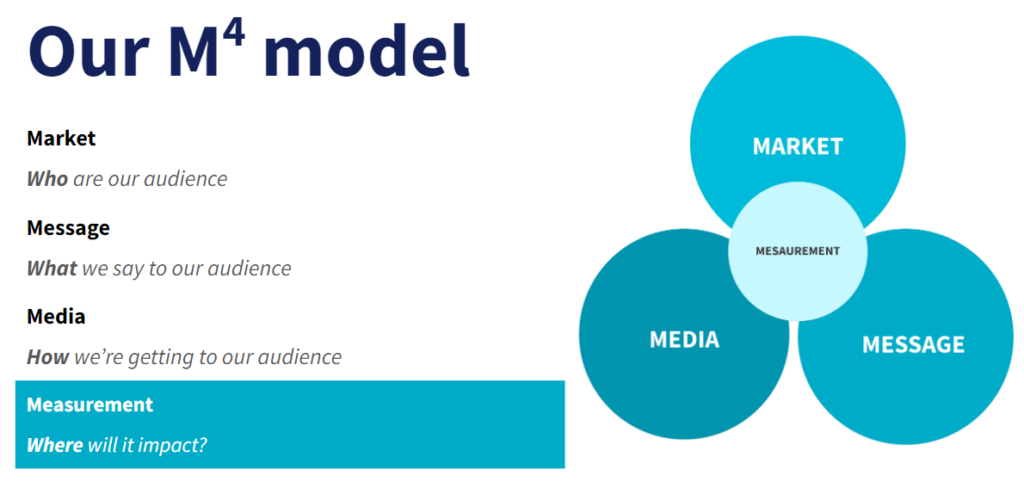
Have you ever wondered how you can better understand your audience and create more impact with your marketing? If so, you’re not alone.
Marketers are always looking for ways to get inside the minds of their customers and learn what motivates them.
One way to do this is through behavioural segmentation. This marketing strategy involves dividing your target market into distinct groups based on their behaviours, preferences and patterns of interaction with your product or service.
You may have heard, demographics aren’t everything.
Demographics are the static characteristics of a group of people, like their age, gender, income and location. They can be helpful for understanding who your audience is, but they don’t tell you much about how they behave.
Why is behavioural segmentation so effective?
- It’s based on actual behaviour, not assumptions. Demographic segmentation assumes that people with similar characteristics have similar needs and behaviours. But this isn’t always the case.
- It’s flexible and adaptable. Consumer behaviours can change over time, so it’s essential to have a marketing strategy that can adapt as well. Behavioural segmentation allows you to do this by tracking changes in how your audience interacts with your product or service.
- It helps you understand motivations and preferences. By examining how your audience responds to marketing messages, uses your product, or makes purchasing decisions, you can gain valuable insights into what motivates them. This information can then be used to create more targeted and compelling marketing campaigns.
Demographics vs behaviours – Why does it matter?
Consider this: King Charles and Ozzy Osbourne may seem worlds apart, but upon closer examination, they share many common characteristics.
Both born in 1948, English, married twice, two children and an affinity for luxurious life – the similarities are striking. Yet, we know that their preferences, motivations and aspirations are completely different. This illustrates the limitations of relying solely on demographics for audience segmentation.
This is where audience behaviour comes in. Audience behaviour is the dynamic way that people interact with your brand, product or service. It includes things like their purchase history, social media activity and website browsing habits.
Audience behaviour is important because it tells you how people are actually engaging with your brand. This information can be used to create more relevant marketing messages.
Looking at soap opera preferences, demographic segmentation might group people based on their geographical location (Manchester or London), but that may not reveal much about their preferences. However, with behavioral segmentation, marketers can identify a segment of soap opera enthusiasts who enjoy both Coronation Street and EastEnders, regardless of their geographic location.
The M4 model and audience behaviours
The M4 Model provides a comprehensive framework to guide your marketing strategy. Audience behaviours play a crucial role in each element of this model:
- Market: Understanding our audience’s needs, preferences and behaviours is essential for identifying our target market.
- Message: Knowing our audience’s behaviours can help us to craft messages that resonate with them.
- Media: By understanding where our audience spends their time, we can choose the right channels and platforms to reach them.
- Measurement: Measuring the impact of our marketing efforts allows us to track the effectiveness of our strategies and make necessary adjustments.
The power of relevance
Segmenting our audience based on behaviours enables relevance, which is the heart of modern marketing. Relevant messages, experiences and content resonate deeply with consumers, forging stronger connections with our brand.
The takehomes
In the age of marketing “tactification,” understanding your audience and their behaviours has become the cornerstone of effective strategic marketing. By following the M4 Model and addressing the four elements of audience behavior, we can create a holistic marketing approach that maximises both future demand and current demand.
Home & Garden brand? Join us for our next live Decoding Digital event to learn more!
Scrapbook
We have a lot to talk about.Door4 opinions and insight - exploring performance marketing, communications and optimisation.













